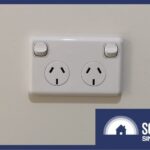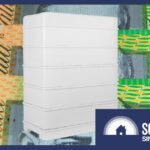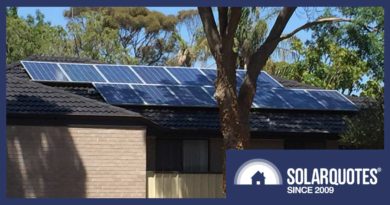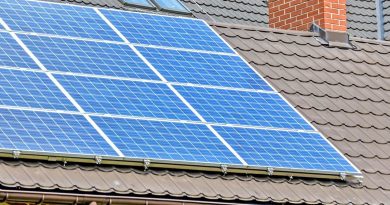Power Bill Rebates: Winners All Round – Or Not?

While every Australian household was a winner of sorts in the Federal Budget in relation to electricity bills, it’s been claimed those who need the rebate most will benefit the least.
Treasurer Jim Chalmers’ Federal Budget 2024-25 is to deliver $3.5 billion in new energy bill relief. From July 1, all Australian households – including those with solar power systems – will receive an energy rebate of $300; and around one million small businesses will get $350. There’s nothing you’ll need to do – the credits will be applied directly to bills in quarterly instalments.
“The primary focus of our economic plan and Budget is to ease pressure on Australians and put downward pressure on inflation, and our new power bill relief does both,” said Treasurer Chalmers.
The word “inflation” is important, but we’ll get to that in a bit.
WA And QLD Rebate Double-Dip
If winners are grinners, Queensland and Western Australian households may have a wider smile. Early this month we reported Queensland households (also including those with solar panels) will receive a $1,000 – $1,372 rebate on their electricity bills from July this year. Small businesses will get $325. Quite fittingly, the $2.5 billion price tag for Queensland’s splurge will be paid for with coal royalties.
Commenting on the new federal rebate, Queensland Minister for Energy and Clean Economy Jobs Mick de Brenni said:
“Additional electricity rebates mean most households won’t need to pay another electricity bill this year, reaffirming Labor’s commitment to supporting households with cost-of-living relief.”
Across in Western Australia, the Cook Labor Government allocated $400 in power bill relief to both households (again, solar homes included) and small businesses in last week’s State Budget.
“Every household in the State will now receive at least $700 in electricity credits, while 90,000 small businesses will have $725 knocked off their energy bills next financial year,” said WA Treasurer Rita Saffioti.
Not Everyone Is Happy
One of the most common gripes about the rebates is the lack of means-testing – why should the well-off get this? According to Treasurer Chalmers, it’s about simplicity. He says it would be a complex task to separate the battlers from the well-to-do for the purpose of issuing the rebate.
Another issue that has emerged harks back to Treasurer Chalmers’ comments about putting downward pressure on inflation. A sting in the tail of this could be lower welfare indexation according to this ABC report, eroding the benefits for welfare recipients. Headline CPI (Consumer Price Index) numbers directly determine how much welfare payments are indexed every six months. Meanwhile, any inflation reduction from the rebates may make little difference to the likelihood of interest rate cuts as the Reserve Bank doesn’t focus on headline CPI.
Beyond Power Bill Band-Aids
While (just about) everyone likes free money – or credits in this case – there’s no guarantee there will be more of the same. Perhaps more attention needs to be paid to getting solar panels on homes of those struggling – owner occupiers and renters, stand-alone and multiple occupant properties alike. While Australian home solar uptake is still occurring at a rapid clip, plenty of naked rooftops remain.
“The budget’s investments in renewable energy are welcome and critical if we are to address the climate crisis,” says the Australian Council of Social Services. “However, we also needed to see similar investment to support people on the lowest incomes to transition to renewables, including having rooftop solar on their homes.”
Recent analysis commissioned by ACOSS indicates Australians on low incomes could save up to nearly $6,000 annually on their home energy bills through thermal efficiency upgrades, electrification and rooftop solar panels.
There have been some state incentives around this. For example, NSW’s Solar For Low Income Households program offered free 3kW solar systems in exchange for participants agreeing to forfeit the Low Income Household Rebate for ten years. Unfortunately, applications for the rebate swap for solar offer closed in early April.
While welcoming the federal electricity bill rebate, Energy Consumers Australia says we need to treat not just the symptoms but the cause of the growing energy divide; so all Australians have energy efficient homes and can benefit from low-cost renewables.
“Our Stepping Up report shows that the households that will benefit the most from the energy transition will be those that electrify their heating, cooking and transport and have energy efficient homes,” said ECA CEO Brendan French. “Those who remain on fossil fuels will face escalating bills. We must ensure that no Australians are left behind in the energy transition.”
Original Source: https://www.solarquotes.com.au/blog/electricity-rebate-winners-mb2922/


















